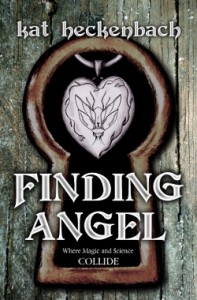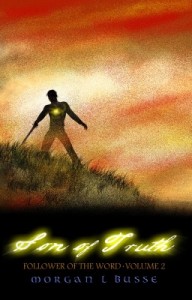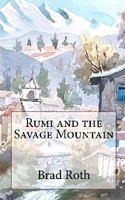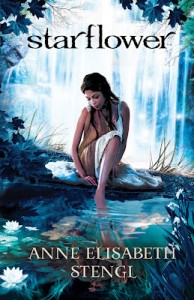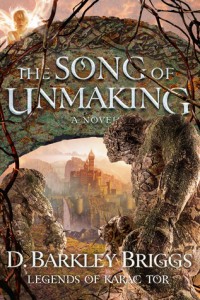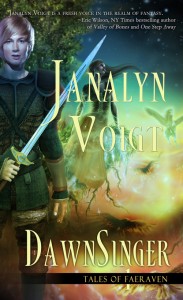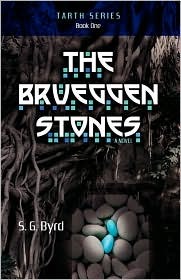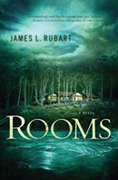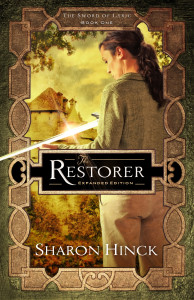 The Restorer by Sharon Hinck, Book One of the Sword of Lyric series
The Restorer by Sharon Hinck, Book One of the Sword of Lyric series
Published 2011 by Marcher Lord Press, 454 pages
Genre: Christian fantasy
Susan Mitchell spends her time caring for her children and wishing she could have a few moments to herself.
Somehow she finds herself pulled into someplace else where everything is different: the weather, the architecture, the issues. She stumbles around trying to make sense of it, and is puzzled to discover that some of the people in this place think she has a special destiny as a “restorer,” battling against enemies within and outside the tiny nation struggling for its existence.
She’s managed to bring two things through the portal with her: a plastic toy sword, now a real sword, and memorized Bible verses.
Just how deep is her commitment to the Lord? Will she use these weapons to step into the path that the One has laid out for her in this new world, though it is likely to cost her life?
This book is well written, with a gripping plot, well-drawn characters, great descriptions, and a dilemma that is the dilemma of every Christian: will I, can I be a hero? I really enjoyed reading it, and plan to pick up the sequel right away!

